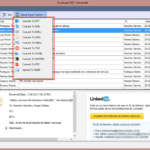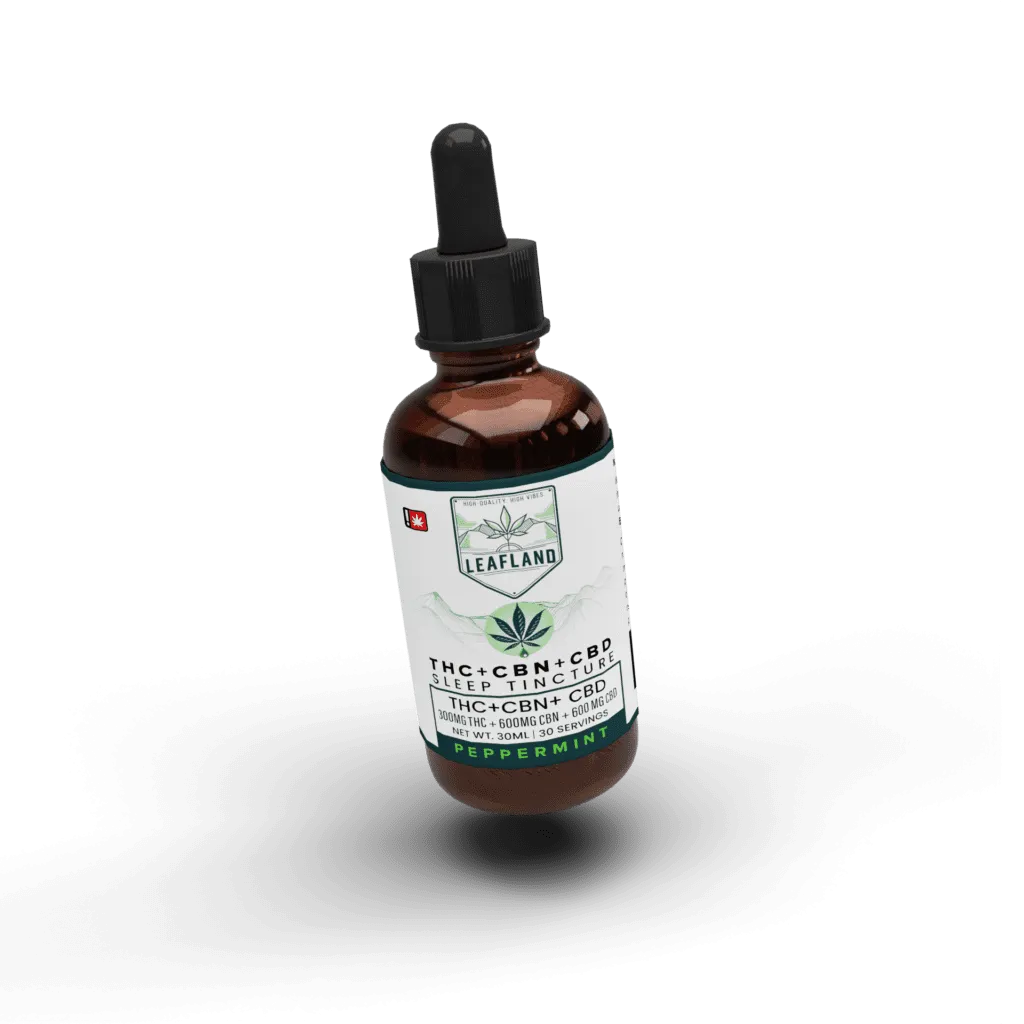In today’s world, keeping our immune system in top shape has never been more crucial. It’s our body’s natural defense against all sorts of illnesses, from the common cold to more serious infections.
While a balanced diet, good sleep, and staying hydrated are all important, exercise plays a vital role too. But how exactly does working out affect your immune system? Let’s break it down.
The Immune System: Your Body’s Defense Mechanism
First, a quick refresher on the immune system. It’s a complex network made up of cells, tissues, and organs that work together to fend off harmful invaders like viruses, bacteria, and other pathogens. Think of it as your body’s own personal security team. It includes white blood cells, antibodies, and the lymphatic system, all working tirelessly to keep you healthy.
How Exercise Boosts Your Immune System
So, how does breaking a sweat help out this hard-working system? Here are a few key ways:
- Improved Blood Circulation: When you exercise, your heart pumps more blood. This increased circulation helps immune cells travel faster and more efficiently to where they’re needed—like a faster delivery service for your immune system.
- Stress Reduction: We all know stress isn’t great for us, but did you know it can weaken your immune system? Regular exercise is a fantastic way to blow off steam and reduce stress, thanks to those feel-good hormones called endorphins. Plus, it lowers cortisol (the stress hormone), helping keep your immune system strong.
- Enhanced Lymphatic System: The lymphatic system is like the highway for your immune cells, transporting them to where they need to be. Exercise helps keep this system running smoothly, so those immune cells can get to work faster.
- Weight Management: Carrying extra weight can put a strain on your immune system. Exercise helps you manage your weight by burning calories and keeping your metabolism in check, which in turn supports immune health.
What’s the Best Type of Exercise to Boost Immunity?
Not all workouts are created equal when it comes to boosting your immune system. Here’s what experts recommend:
- Aerobic Exercise: Think brisk walking, running, swimming, or cycling. These activities get your heart rate up, improve circulation, and have a direct positive impact on your immune system. Aim for at least 150 minutes of moderate-intensity aerobic exercise each week.
- Strength Training: Lifting weights or using resistance bands isn’t just about building muscle—it also strengthens your entire body, making it more resilient against infections. Try to incorporate strength training into your routine at least twice a week.
- Flexibility and Mobility: Don’t skip the stretches! Flexibility exercises help keep your joints healthy, improve posture, and reduce the risk of injuries during other types of exercise. It’s an essential part of a well-rounded fitness regimen.

Can Exercise Ever Be Bad for Your Immune System?
While exercise is generally a good thing, too much of it without proper rest can actually backfire. Here’s what to watch out for:
- Overtraining: Pushing yourself too hard without giving your body time to recover can lead to a weakened immune system. It’s all about balance—make sure you’re giving yourself enough rest between workouts.
- Exercise-Induced Immunodepression: After intense exercise, your immune system might take a temporary dip. This is usually short-lived, but it’s a good reminder to refuel properly and give your body the recovery time it needs.
The Science Backs It Up
There’s plenty of research out there showing that regular, moderate-intensity exercise is great for your immune system. It helps reduce the risk of infections and keeps your body’s defense mechanisms sharp.
Other Factors That Matter
Exercise is just one piece of the puzzle. A balanced diet, good sleep, and staying hydrated are just as important for maintaining a strong immune system. When you combine these elements, you’re setting yourself up for overall well-being.
Conclusion: A Small Effort Goes a Long Way
If you’re like many of us—short on time and juggling a million things—fitting in exercise might seem tough. But you can explore here to read about health and motivate yourself because even small efforts can make a big difference. For instance, I make it a point to walk to work, which takes just 15-20 minutes. It’s not a full workout, but it’s something—and it helps.
Incorporating regular exercise into your life is a powerful way to keep your immune system strong. Whether it’s a brisk walk, a quick strength session, or some relaxing stretches, every little bit helps. Just remember to listen to your body and strike a balance—your immune system will thank you for it!
Stay tuned for more news and updates on Frolic Beverages!











